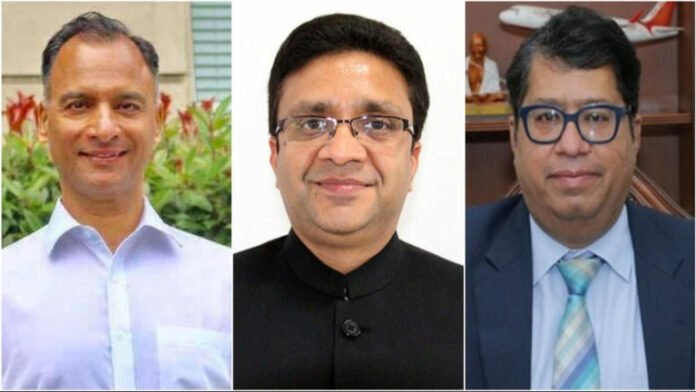Citizens entrust their representatives, particularly high-ranking officials like Indian Administrative Service (IAS) officers, with the responsibility of judiciously managing public funds for the betterment of society. However, recent revelations have spotlighted a breach of this trust, as an audit report unveils the misuse of funds by three IAS officers, particularly in upgrading their accommodations during a trip to Paris.
The Indian Administrative Service, renowned for its prestige and responsibility, expects its officers to uphold the highest standards of integrity and accountability. Yet, the findings of the audit report have sent shockwaves through administrative circles, exposing a stark deviation from these principles.
The genesis of this controversy lies in a routine audit conducted by the Comptroller and Auditor General (CAG) of India, tasked with scrutinizing the expenditure of government departments to ensure transparency and accountability. During this audit, red flags were raised regarding the utilization of funds allocated for official trips, particularly a delegation’s visit to Paris, France, led by three senior IAS officers.
According to the audit report, the officers allegedly misused public funds by extravagantly upgrading their accommodations during the Paris trip, a stark departure from the prescribed guidelines and fiscal prudence expected of government officials. While the standard protocol mandates adherence to budgetary constraints and responsible spending, the officers purportedly opted for luxurious accommodations beyond the approved limits, casting a shadow of doubt on their fiduciary responsibilities.
The misuse of public funds not only undermines the trust bestowed upon civil servants but also raises pertinent questions regarding the efficacy of existing checks and balances within the bureaucratic framework. As stewards of taxpayer money, IAS officers bear the onus of ensuring its judicious allocation, prioritizing public welfare over personal indulgence.
The ramifications of such malfeasance extend beyond mere financial implications, tarnishing the reputation of the civil services and eroding public confidence in the integrity of government institutions. The trust deficit thus engendered poses a formidable challenge to the very foundation of democratic governance, necessitating swift and decisive action to restore faith in the system.
In response to the damning revelations brought to light by the audit report, calls for accountability and disciplinary action have reverberated across political corridors and civil society alike. The need for a thorough investigation to ascertain the extent of the financial misconduct and to hold the errant officers accountable cannot be overstated.
Moreover, there exists an imperative to fortify the existing mechanisms of oversight and scrutiny to prevent similar transgressions in the future. Strengthening internal controls, instituting stringent audits, and enforcing stricter adherence to guidelines are indispensable measures to safeguard against the misuse of public funds and uphold the sanctity of public service.
Furthermore, the episode underscores the exigency of fostering a culture of transparency, probity, and ethical conduct within the civil services. Inculcating a sense of duty towards public welfare and instilling ethical values from the grassroots level can serve as a bulwark against the temptations of malfeasance and impropriety.
As custodians of the public trust, IAS officers must internalize the ethos of service before self and embrace their role as agents of change, committed to upholding the highest standards of probity and accountability. Only through such concerted efforts can the sanctity of public office be preserved, and the ideals of democracy upheld.
In addition, the revelation of the misuse of funds by three IAS officers, particularly in upgrading their accommodations during a trip to Paris, underscores the imperative of stringent accountability measures and ethical governance within the civil services. It serves as a wake-up call for introspection and reform, reaffirming the axiom that public office is a sacred trust, to be upheld with unwavering integrity and dedication to the service of the people.

